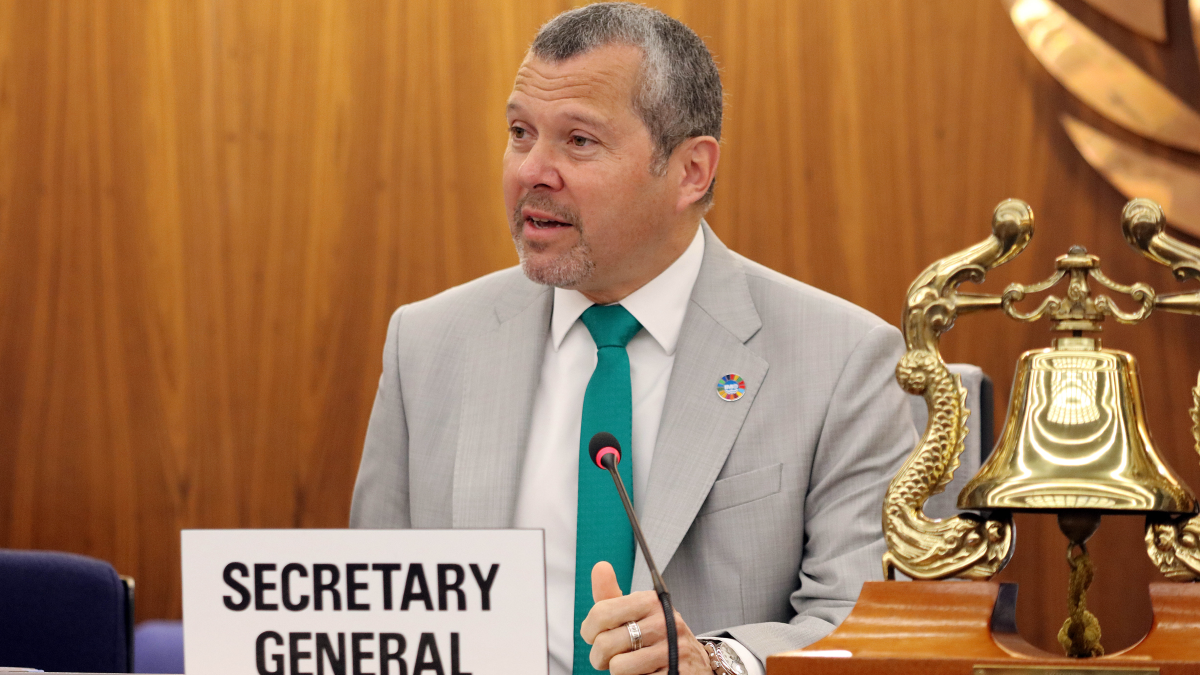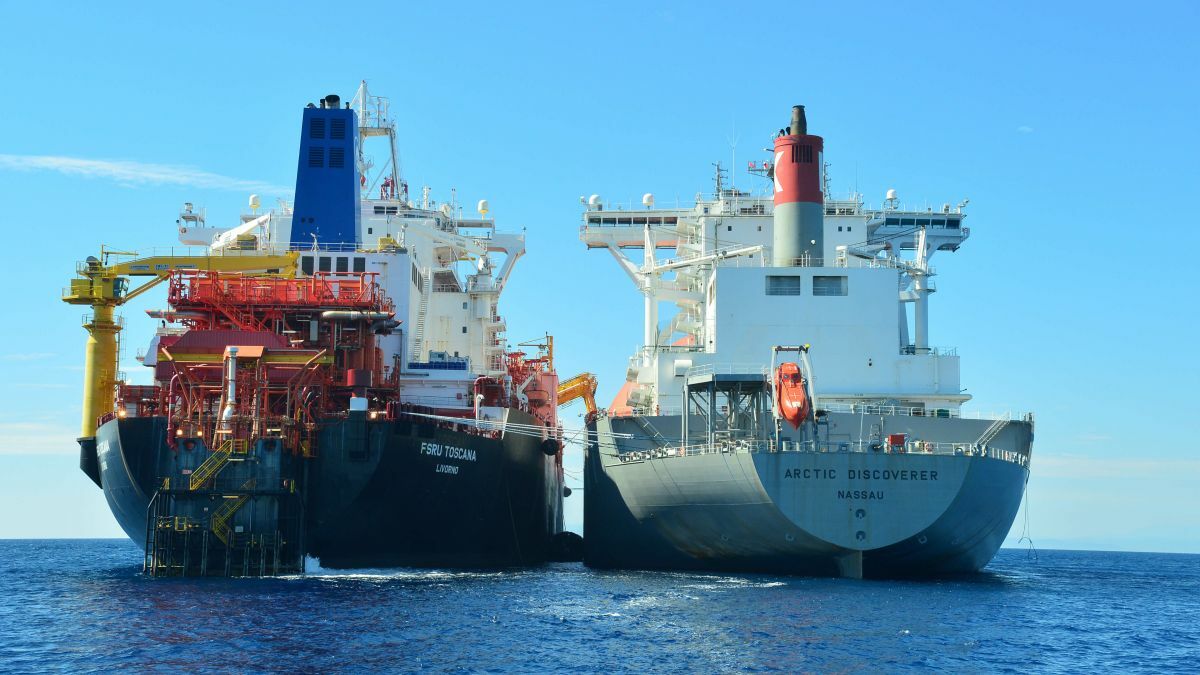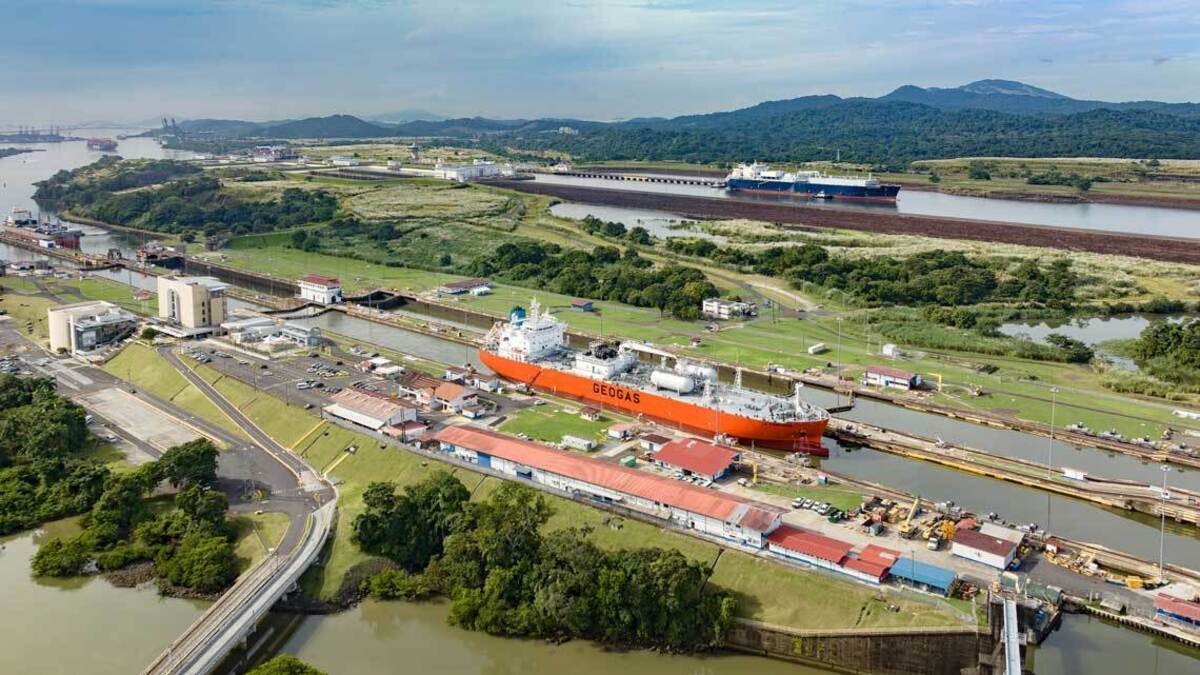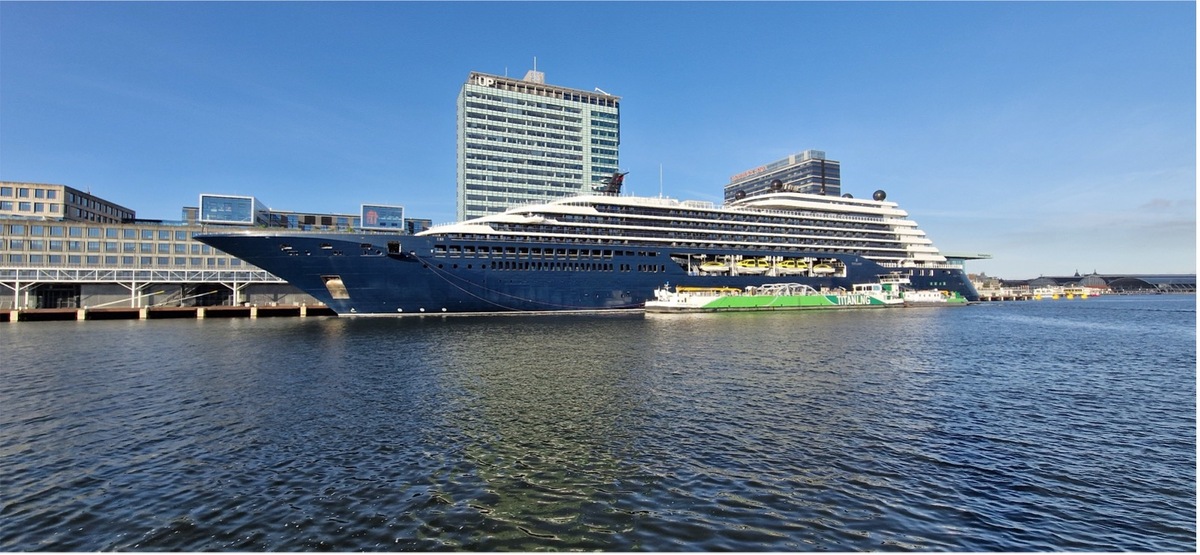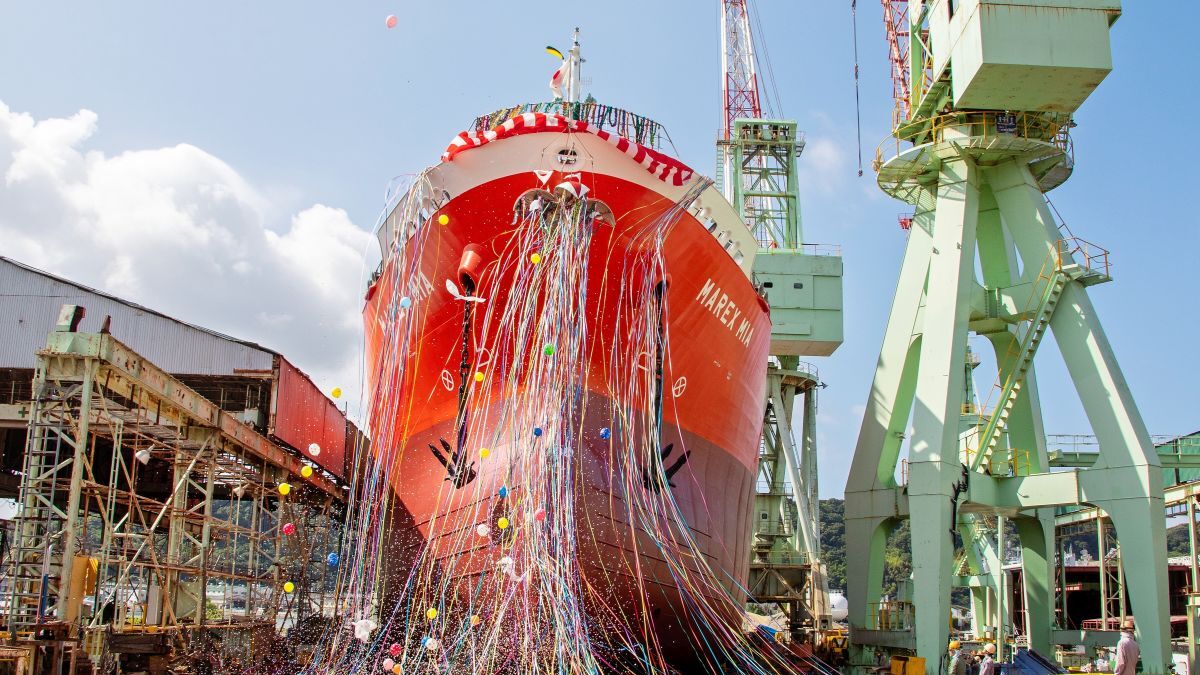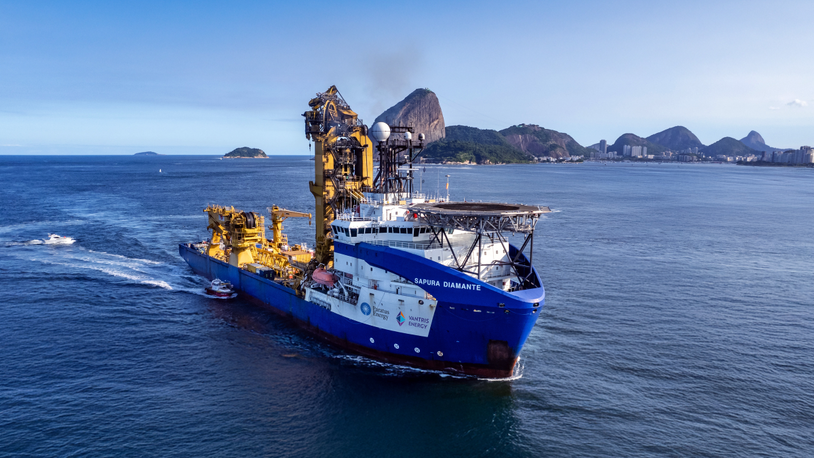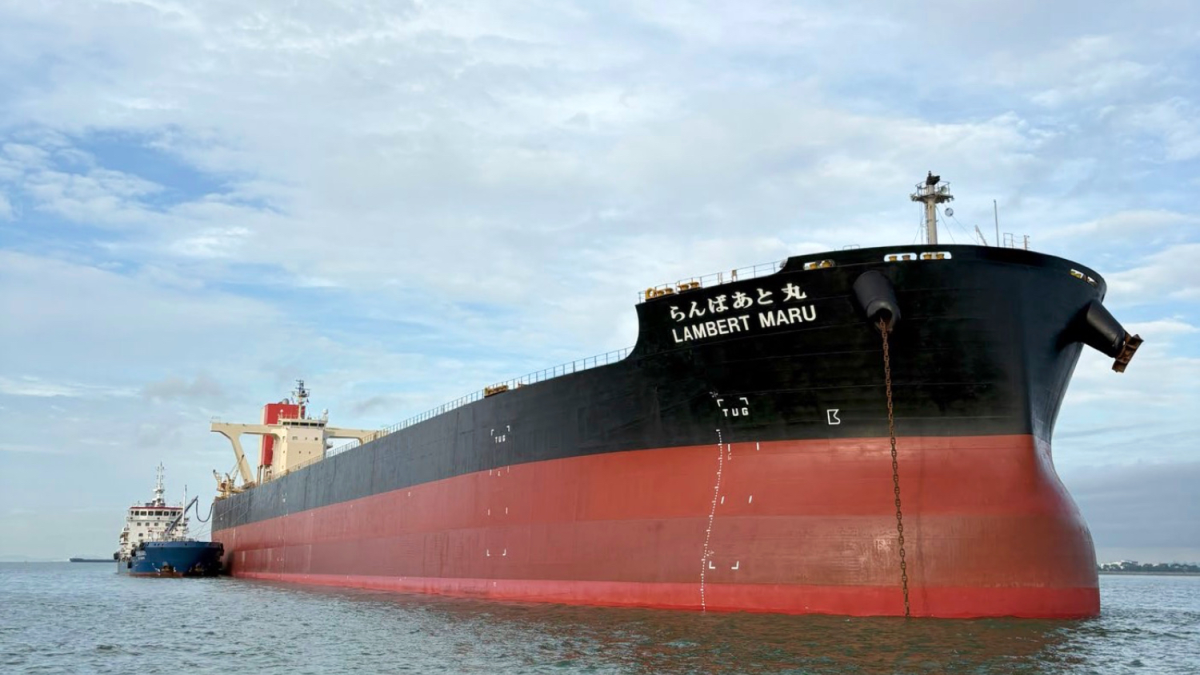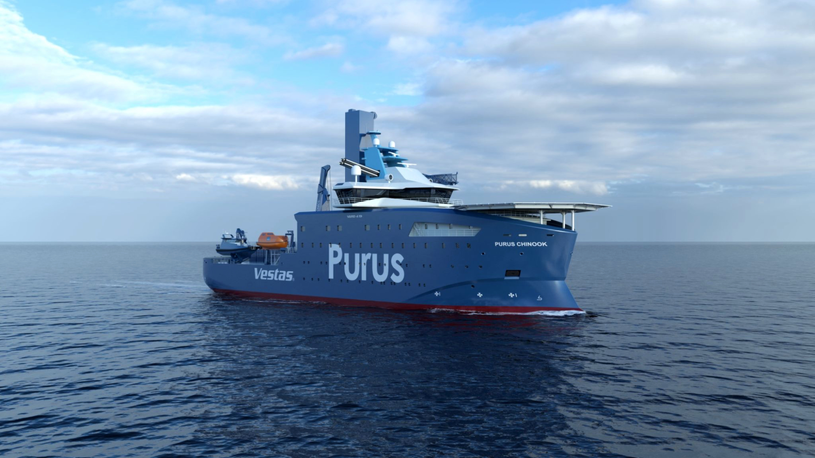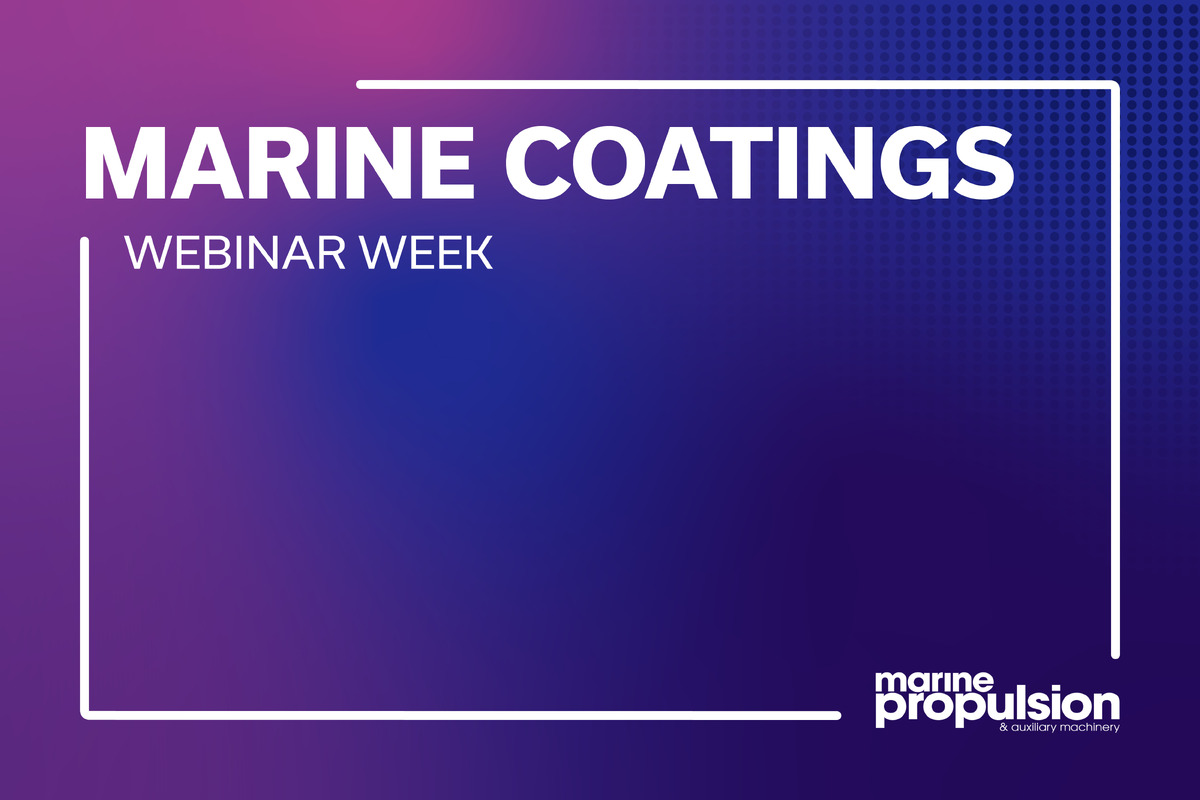Business Sectors
Contents
Major national and international shipowners' groups call for adoption of maritime net-zero carbon plan
’Only global rules will decarbonise a global industry,’ say international coalitions, as Asian and European nation’s shipowners’ groups point to risk of ’unwieldy patchwork’ of regional regulations in absence of International Maritime Organization (IMO) rules
World governments have ’a unique and historic opportunity’ to adopt the first mandatory global framework of rules that set a price on emissions across an entire industry, according to dual coalitions of national shipowning bodies and international associations.
International asociations claiming to represent the ’global shipping industry’ said in an open letter that the maritime transport sector "is ready to play its important part in delivering a sustainable future" by supporting the adoption of the IMO’s Net Zero Framework (NZF).
"The global industry remains fully committed to working collaboratively with IMO member states to implement successfully this carefully balanced regulatory package for achieving net zero GHG emissions by or close to 2050, with necessary incentives to de-risk investment in new green marine fuels to accelerate the total decarbonisation of international shipping and to implement a just transition for the maritime workforce," the letter said.
The coalition of groups behind the letter includes the US-headquartered liner shipping lobby the World Shipping Council (WSC), the European Shipowners Association (ECSA), the International Association of Ports and Harbours (IAPH), the International Transport Workers’ Federation (ITF), the International Bunker Industry Association (IBIA) and the International Chamber of Shipping (ICS), a shipowners’ association which, alone, claims to represent 80% of the global merchant shipping fleet.
The supportive tone for the IMO regulations in the most recent open letter stands in contrast to an earlier open letter from some large tanker and bulker shipowners who said that the regulations are not fit for purpose as they are currently written. Tanker and bulker shipowners including Saudi Arabia’s Bahri, privately owned John Fredriksen-linked Frontline, UK-based Stolt Tankers as well as Evangelos Marinakis’ Capital Group and a host of Greece-based companies have called for ’fundamental amendments’ to global regulations on greenhouse gas (GHG) emissions.
There are similar divisions among some of the 176 member states who will decide the outcome of the IMO climate framework during the upcoming extraordinary session of IMO’s Marine Environment Protection Agency that runs between 14-17 October 2025. The member states are set to convene with the aim to finalise the text of an already-approved framework of rules that would govern the technical and economic elements of shipping’s reduction of its greenhouse gas (GHG) emissions to a net of zero over the next 25 years.
The US delegation to the IMO walked out of the MEPC 83 proceedings in April 2025 that saw the NZF framework approved, apparently taking cues from US President Donald Trump and his administration’s later threats to IMO member states. The US administration threatened retaliation against member states which do not support a US attempt to ’defeat’ the IMO climate framework, and President Trump has routinely exempted the US from discussions on international climate pacts, including twice withdrawing the US from a foundational United Nations climate change framework plan, the Paris Agreement.
On the other side of the debate, national shipowners’ groups from major shipping countries including Singapore, Japan, Norway, the UK, The Netherlands, Denmark and Belgium penned their own letter in support of the adoption of the IMO net-zero carbon framework.
The letter largely echoed the open letter from international shipping industry groups, citing the "multiple years of negotiations" that have gone into the IMO climate framework and its potential to "propel sustainable shipping at a truly global scale".
"Anything else would be a major setback for the green transition, and risk leaving the industry with an unwieldy patchwork of regional climate regulations," the letter said.
"Final approval at the IMO meeting requires a qualified majority of member states that are signatories to the MARPOL Convention. It is important that such a majority comes together to shepherd the agreement across the finish line. Our industry, which by its very nature is global, absolutely needs a global regulation – also to address climate change."
"There is consensus to move forward": the parliamentary mechanics of passing the IMO’s NZF climate framework
At an event hosted by classification society DNV during London’s International Shipping Week convention in September 2025, IMO Secretary General Arsenio Dominguez told DNV Maritime CEO Knut Ørbeck-Nilssen that he remains steadfastly optimistic that IMO member states will adopt the NZF climate framework at the extraordinary MEPC session in October.
During the course of London International Shipping Week, leaders of the Norway-headquartered class society DNV and US-based class society ABS both spoke publicly about frustrations with what they saw as limitations of the IMO climate framework. And, in his questions to IMO Secretary General Dominguez, Mr Ørbeck-Nilssen referenced what he called a "lack of consensus and a necessity for voting to get the Net-Zero Framework across the finish line" and "political division among member states".
-
DNV calls for pragmatism in IMO’s net-zero framework emissions policy
-
ABS CEO: ‘IMO needs to take a timeout’ on Net-Zero Framework
"There is consensus to move forward. There are disagreements in some areas," Secretary General Dominguez said in response, noting that finding consensus through multilateral negotiations or a way forward through parliamentary procedures "is what we do at IMO".
Mr Dominguez then went on to address, in general terms, the possibility for the IMO’s climate framework to be approved by way of a vote.
"How we do it? We have several mechanisms, and voting is one of those that exist in international law, in the law of the treaties," he said, noting that "in several countries, we actually vote as well to elect officials, so I don’t know why we get to the point where having a vote is suddenly a negative thing."
The positives about going to a vote, according to Mr Dominguez’s telling, are that the process allows the various countries involved "the opportunity to express their opinion, to raise their concerns".
"We have had votes in the past at IMO," he said. "I respect that if member states want to have very clear, specific decisions on certain topics, and that means using some of the articles of the conventions, they have the right to do so. I’m still confident that we will continue to move forward [in] October."
The IMO’s climate framework required a vote to reach approval at MEPC 83 in April 2025, and as the non-profit Maersk McKinney Moller Center for Zero-Carbon Shipping explains, "the IMO normally makes decisions by consensus, so it was unusual for a vote to be called for on this occasion".
In total, 103 states voted, with 24 abstentions, which are not counted in determining the tally for a simple majority. There were 63 votes in favour of the climate framework and 16 votes against, with the organisation easily surpassing the threshold of a simple majority, which stood at 40 votes in favour out of a total of 79 votes counted. Although there are 176 Member States in the IMO, only 118 states were eligible to vote in the acceptance process for the NZF, and 15 of the states were absent on the day of the vote.
The adoption process for the IMO climate framework in October will begin with discussions and an attempt to find consensus, but if consensus is not found, a vote will be called.
"With a vote taking place in April, another call for a vote is likely to take place at [the extraordinary session of the] MEPC," according to Maersk McKinney Moller Center for Zero-Carbon Shipping.
In the vote for adoption of the climate framework, the threshold for passage is higher than a simple majority.
"Only states party to MARPOL Annex VI are entitled to vote on adoption, and at least a two-thirds majority is required for the amendments to be passed," the center explains.
Despite the higher threshold for passage, a replication of the NZF acceptance vote that happened in April would see the climate framework adopted by IMO.
"We still look always for consensus," Secretary General Dominguez said. "If every now and then we have to use the articles of the conventions [and vote], it’s part of the process."
Sign up for Riviera’s series of technical and operational webinars and conferences:
- Register to attend by visiting our events page.
- Watch recordings from all of our webinars in the webinar library.
Related to this Story
AI, digital twins help design cyber-secure, green SOVs
Events
LNG Shipping & Terminals Conference 2025
Vessel Optimisation Webinar Week
Marine Coatings Webinar Week
© 2024 Riviera Maritime Media Ltd.


